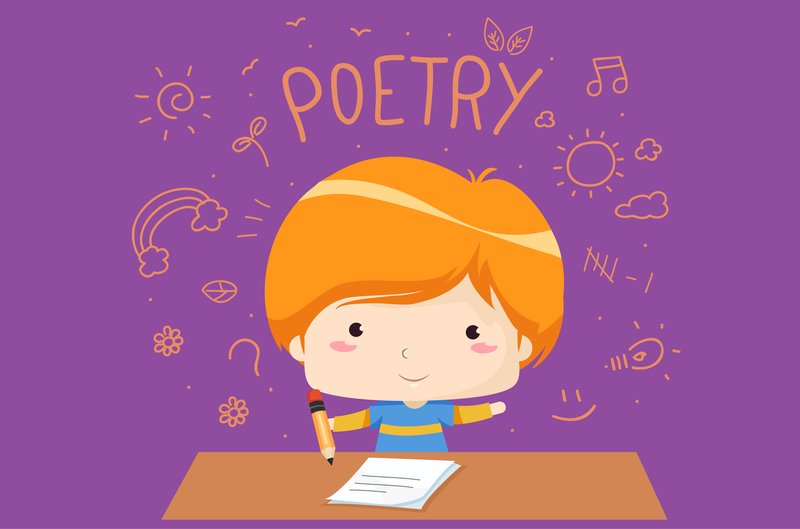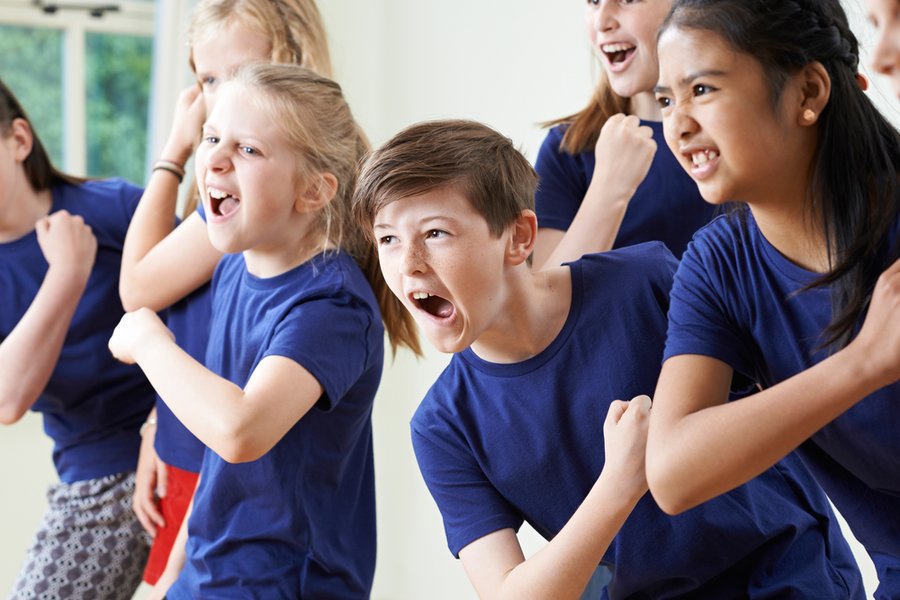
We aim to give food for thought as well as inspiring your creativity and
providing practical ideas you can’t wait to implement in your own settings!
Why is poetry important?

Poetry is a wonderful part of the curriculum and can appeal to children in a different way than prose. It is so important for children to be able to tune into, and enjoy, the use of enjoy rhyme. Nursery rhymes are often an early introduction to rhyme and children naturally join in when they become familiar with them. Unfortunately, many children do not seem to hear them often enough as toddlers and can be at a distinct disadvantage because of this. Early Years teachers are very aware of this and know how important it is to read all kinds of books, nursery rhymes and poems as often as possible and get children to hear, join in and repeat the rhymes.
Poetry can also appeal to children who may not yet be too keen on reading longer books. Poems are often much shorter, which makes them less daunting for less able readers. Choosing funny poems and ones related to a topic children enjoy can be encouraging.
Poetry also often has a very definite structure, which can be very helpful for children who struggle to come up with a lot of ideas. To be able to choose from a list of words or change a limited number can give children an immediate sense of achievement.
Children love the repetition of listening to favourite books, and it is the same with poetry. We can really take advantage of this by getting children to learn and perform poems.
Performance poetry

Performance poetry has been described as any poem that has more impact when recited, sung, or acted out for an audience.
There are many different ways for children to present and perform poetry dependent on their age, experience and ability. This may involve actions, acting out, images, words, chorusing and so on.
Repetition can help children feel more confident to take part. The familiarity of refrains can make them much more comfortable to join in.
Children love to find their own ways to present performance poems, so after they have seen a few examples of how this could be done, it’s a great small group activity for them to be given a poem (and a time limit!) to work out how to interpret it before sharing their ideas with the rest of the class.
They might:
• Incorporate acting
• Use visual images
• Use BSL or interpretation
• Dress up
• Use movement
• Use sound effects
• Add music
Recommended poems
Many poets write especially for children and come from a variety of countries and cultures. They could easily be part of your school’s Black History Month celebrations. Some of these poems have been written to be read with particular accents. If individuals feel that they are not confident or comfortable in doing this, there are plenty of recordings and video clips available so that the intended effect can be experienced.
Here is a short list of some of our favourite performance poems to explore and enjoy with children.
✔ Louder by Roger Stevens
✔ No Word of a Lie by Jackie Kay
✔ See Me Walking by Clive Webster
✔ Pinda Cake by Valerie Bloom
Here is a short film of Valerie Bloom teaching this performance poem to a small group of children.
✔ Sun is Laughing by Grace Nichols
Here are several poems read by Grace Nichols
✔ Gran, Can You Rap? by Jack Ousbey
There are many great examples of Year 3 and 4 children performing this poem on YouTube including this video.
Get children in KS2 to research black British poets such as Benjamin Zephaniah, John Agard, Grace Nichols and Valerie Bloom.
What can they discover about their lives and influences?
Which poet appeals to them most?
What are their favourite poems?
Have fun!